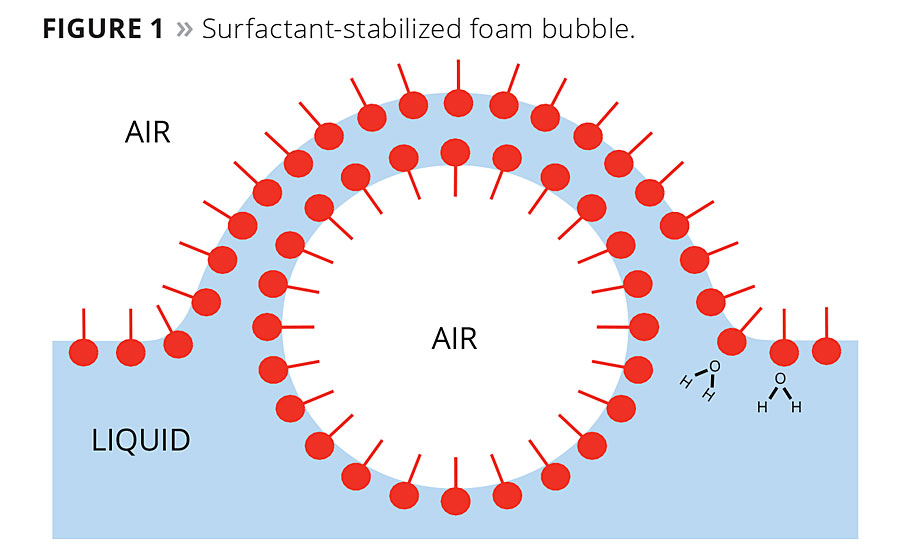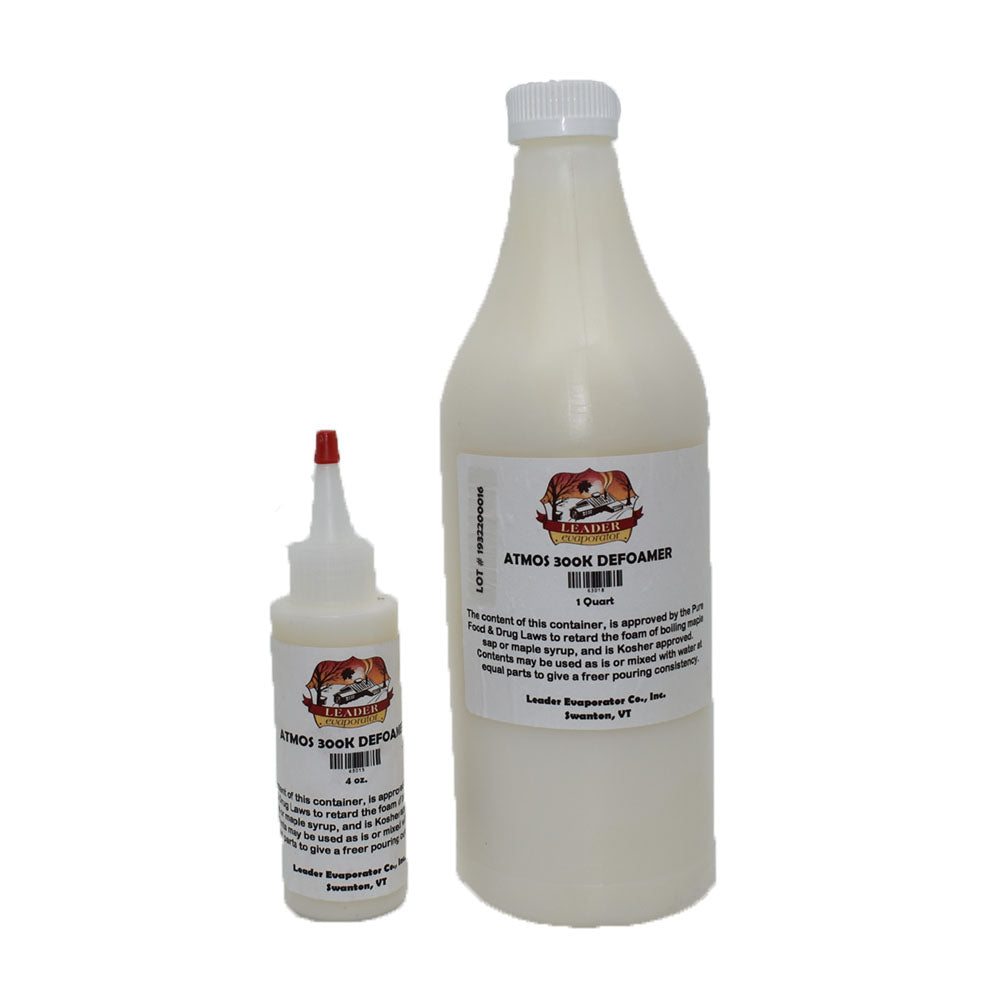Choosing the Best Defoamers for Your Manufacturing Line
Choosing the Best Defoamers for Your Manufacturing Line
Blog Article
The Function of Defoamers in Enhancing Product Quality and Efficiency
In numerous producing procedures, the visibility of foam can significantly prevent item quality and operational effectiveness. Defoamers serve as crucial additives that mitigate this issue, making sure smoother production process while improving the visual and practical features of the end products (defoamers). Their application covers a plethora of industries, from food and drink to pharmaceuticals, where uniformity and integrity are paramount. The selection of the proper defoamer can be vital to achieving ideal outcomes, increasing essential inquiries concerning solution compatibility and efficiency metrics that warrant additional expedition.
Understanding Defoamers
Understanding the duty of defoamers is vital for keeping product quality throughout various sectors. Defoamers are chemical additives developed to minimize and protect against the development of foam in fluid systems, which can negatively impact procedures such as mixing, filling, and surface area tension. Foaming can result in inefficiencies, product flaws, and endangered aesthetic appeal, making defoamers a critical part in manufacturing procedures.
In commercial applications, defoamers help to improve item consistency and security. The reliable usage of defoamers not just guarantees smoother manufacturing processes but also adds to exceptional item performance.
Furthermore, the option and solution of a defoamer have to line up with specific application demands, such as compatibility with other components, efficiency under differing temperature level and pH conditions, and prospective regulatory constraints. Inevitably, understanding defoamers' features and their value in various solutions is crucial for optimizing production and guaranteeing the highest quality final result.
Kinds of Defoamers
Defoamers can be categorized right into a number of types based upon their make-up and device of action. The primary kinds consist of silicone-based, non-silicone natural, and not natural defoamers.
Silicone-based defoamers are among the most efficient, mostly because of their capability to spread out quickly on the liquid surface area and interfere with foam development. Their distinct chemical framework enables premium security, making them appropriate for high-temperature applications and environments with varying pH degrees.
Non-silicone natural defoamers, frequently made up of fatty acids or natural oils, are valued for their biodegradability and reduced poisoning. These are typically made use of in food and drink applications where safety and environmental influence are critical.
Inorganic defoamers, which include materials like talc or calcium carbonate, act by increasing the density of the liquid, thus decreasing foam security. They are typically utilized in industrial processes where compatibility with other products is not a worry.
Each sort of defoamer has unique advantages and limitations, enabling customized options depending on the certain foaming concerns encountered in different applications. Recognizing these distinctions is essential for maximizing performance and attaining wanted product quality.
Applications Throughout Industries
Various sectors utilize defoamers to enhance product quality and functional performance. In the food and drink market, defoamers are essential in procedures such as brewing and dairy products manufacturing to avoid foam formation, which can cause inadequacies and product variance. By regulating foam, producers can guarantee you could look here far better yield and an extra uniform item.
In the pharmaceutical sector, defoamers play an important function in the formulation of fluid drugs, where excessive foam can hamper mixing and accurate dosing. Their usage helps keep the honesty of the solutions and helps with smoother manufacturing procedures.
The paint and layers market likewise depends on defoamers to improve the efficiency of straight from the source items during application. By minimizing foam, these additives make certain a smoother surface and enhance the visual top qualities of the final item.

Benefits of Making Use Of Defoamers
While the application of defoamers varies throughout markets, their advantages consistently improve product quality and process efficiency. One considerable benefit is the reduction of foam development during manufacturing procedures, which can otherwise lead to production hold-ups and disparities in item quality. By decreasing foam, defoamers enable a smoother check it out flow of products, facilitating extra reliable procedures and reducing the likelihood of devices breakdowns.
Additionally, using defoamers can enhance the look and appearance of end products. In sectors such as coverings, paints, and food handling, extreme foam can compromise the aesthetic aesthetics and total quality, while the suitable defoamer application makes sure a consistent coating and preferable qualities. Defoamers can add to cost financial savings by decreasing waste during manufacturing and optimizing the usage of raw products.

Choosing the Right Defoamer
Picking the ideal defoamer is vital for enhancing manufacturing processes and ensuring item quality. The choice of defoamer affects not just the performance of foam control however also the total performance characteristics of the end product. Factors to take into consideration consist of the type of application, the chemistry of the solution, and the environmental conditions under which the item will be used.
Various markets may require specific defoamer kinds, such as silicone-based, organic, or polymeric defoamers. Understanding the compatibility of the defoamer with the key ingredients is crucial to prevent unfavorable reactions that might endanger product honesty. Additionally, the defoamer's performance in various temperature levels and pH degrees need to be reviewed to guarantee regular efficiency.
Testing the defoamer in small applications can supply beneficial understandings into its performance and suitability. Consideration of regulative compliance, specifically in food, pharmaceuticals, and cosmetics, is vital in choosing a defoamer. Ultimately, a thorough assessment of these variables will certainly bring about the selection of a defoamer that not just manages foam efficiently yet additionally improves the top quality and performance of the end product.
Final Thought

In verdict, defoamers are essential additives that substantially improve product high quality and performance across numerous markets. The strategic choice and application of defoamers lead to set you back savings, optimized resource use, and boosted customer fulfillment.
Lathering can lead to inadequacies, item problems, and jeopardized aesthetic allure, making defoamers an essential part in making procedures.

Report this page